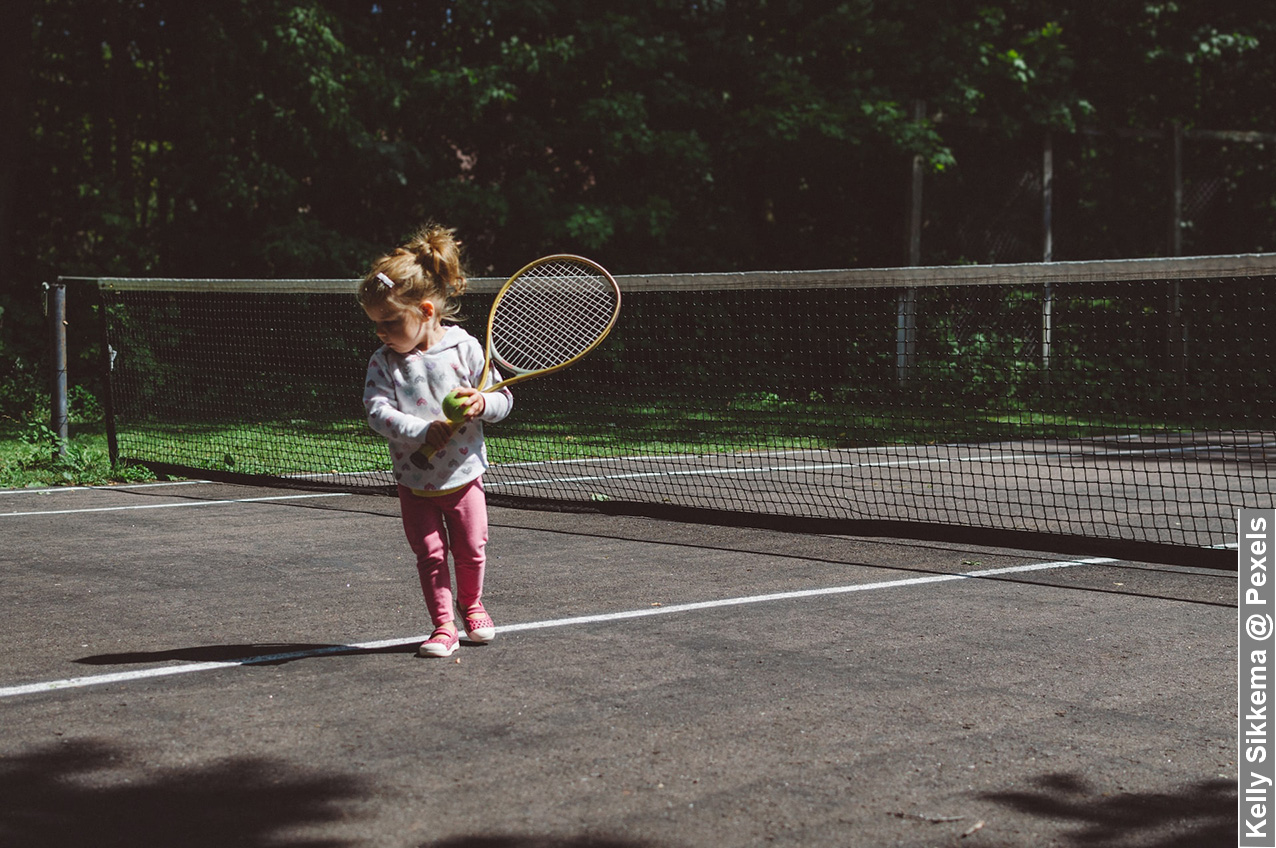As a parent, I’ve always wanted to understand how talent works. When I wrote my last blog post, “Bounce: A Child’s Perceived Talent,” I introduced the book “Bounce” by Matthew Syed, which further reinforced my beliefs about the role of practice and dedication in achieving success.
This riveting book added weight to my personally held views on the subject of nature versus nurture. Syed’s research and personal experience demonstrated that talent is not something you’re born with; it’s something you can create through hard work and dedication.
Individuals can achieve expert-level skills by practising and dedicating time to their craft. In this blog post, I want to delve deeper into the myth of the child prodigy and explain how talent can be created through practice and dedication.

The Myth of Child Prodigy
I have often been at pains to express why talent can be created. I am often met with raised eyebrows and mumbles of the sorts implying, ‘who do you think you are?’, ‘What credible achievements have you made?’. Against such views and looks, it’s elementary for my hypothesis to egress as quickly as it ingress.
Throughout history, people have been labelled as child prodigies or naturally gifted individuals. But when we look at the lives of successful people like Mozart, Tiger Woods, Roger Federer, David Beckham, and the Williams sisters, we see that it’s not just natural ability that led to their success.
In his book “Bounce,” Matthew Syed shows that their parents’ dedication and strategic planning played a crucial role in their development. In addition, Syed demonstrates that child prodigy is a myth through research and conversations with family members.
Evidence for Talent Creation
Syed’s argument is further backed up by research that shows how practice and dedication can lead to expertise. In fact, experts in any field have been found to have put in at least 10,000 hours of dedicated training.
This means that anyone can become an expert in their chosen field, given enough time and effort. For example, a point Andre Agassi addressed in his book:
My father says that if I hit 2,500 balls each day, I’ll hit 17,000 balls each week, and at the end of one year I’ll have hit nearly one million balls. He [Agassi’s father] believes in mass. Numbers, he says, don’t lie. A child who hit one million balls each year will be unbeatable

Addressing Counterarguments
Some may argue that talent is innate and cannot be created through practice. However, as Syed and others have shown, more than just natural ability leads to success.
Practice and dedication play a significant role in talent development. While some may naturally be inclined towards a particular field, training and hard work allow them to reach expert-level skills.
Practical Advice
For parents and individuals looking to develop their skills, it’s essential to understand the value of practice and dedication. Anyone can improve their abilities by starting early and consistently dedicating time to their craft. As Syed says,
If you want to be successful, you have to work like crazy
There are no shortcuts to success; remember that even child prodigies can only achieve success through dedication and hard work.
Closing Remarks on Child Prodigy
In conclusion, the myth of the child prodigy is just that – a myth. However, from my personal experience, having been around so many great sportsmen and women, Matthew Syed’s views touch home.
Anyone can become an expert in their chosen field through practice and dedication. However, it’s important to remember that natural ability is the starting point. It’s the hours of dedicated training that lead to expertise.
By starting early and consistently putting in the time, anyone can achieve their goals and reach expert-level skills. So, don’t be fooled by the idea of a child prodigy – success comes to those willing to work for it.
Sources
- David Z. Hambrick, Elizabeth J. Meinz, and Frederick L. Oswald, (2014), ‘Deliberate Practice: Is That All It Takes to Become an Expert?’ [Accessed 02 March 2023]
- Joanne Ruthsatz and Jourdan B. Urbach, (2012), ‘Child prodigy: A novel cognitive profile places elevated general intelligence, exceptional working memory and attention to detail at the root of prodigiousness’, [Accessed 02 March 2023]
- K. Anders Ericsson, Ralf Th. Krampe, and Clemens Tesch-Römer, (1993), ‘The Role of Deliberate Practice in the Acquisition of Expert Performance’ [Accessed 02 March 2023]
- K. A. Ericsson, J. Starkes, (5 May 2003), ‘Expert Performance in Sports: Advances in Research on Sport Expertise’ [Accessed 02 March 2023]
- Matthew Syed “Website’, [Accessed 14 December 2021]


